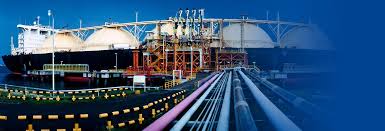
SCHEDULE : 30 MEI - 1 JUNI 2014
VENUE : JOGJAKARTA PLAZA HOTEL, YOGYAKARTA
DURATION : 3 DAYS
DESCRIPTION
Failure Modes Effects and Criticality Analysis (FMECA), is a technique which allows the most appropriate maintenance tasks to be selected for equipment. It is a rigorous technique originally developed for the Nuclear Industry in the 1960s but since that time it has also been applied successfully to a wide range of industries. It is particularly useful for heavily-regulated environments such as pharmaceuticals, oil and gas, and airlines.
FMECA is best carried out by the people who know their plant and equipment the best – the operators and technicians. This course gives a basic understanding of the technique and how it should be applied and put to use cost-effectively.
It is very easy to fall into the trap of specifying too much maintenance when using FMECA. Participants will be given the necessary tools and confidence during the course so that only cost-effective maintenance tasks are specified.
COURSE OBJECTIVES
- To understand the reasons why equipment fails and the different ways in which it can fail
- To be able to select the most appropriate maintenance task for the equipment in question
- To gain a basic understanding of FMECA, where it should be applied, and how to put it to use cost-effectively
COURSE CONTENT
- How to Decide on the Best Type of Maintenance
- The nature of failure
- Four reasons why things fail
- Different types of maintenance
- Equipment functions
- The need to focus on critical failures
- Root cause failure analysis (RCFA)
- How to Apply FMECA Cost-Effectively
- Background to FMECA
- Steps in the process
- Root cause analysis
- FMECA Worked example
- Lessons learned
PARTICIPANTS
The target audience for the FMECA (Failure Modes Effects and Criticality Analysis) course includesTechnicians, Operators, Shift Leaders, Planners and Supervisors.
INSTRUCTOR
Ir. Y. Agus Jayatun, MT and Team





